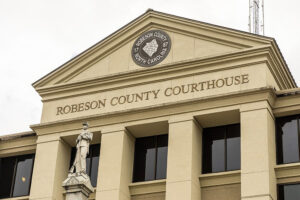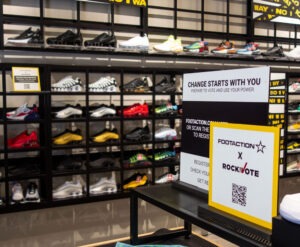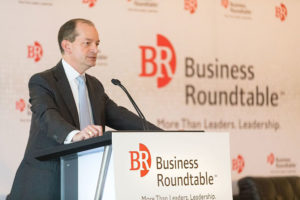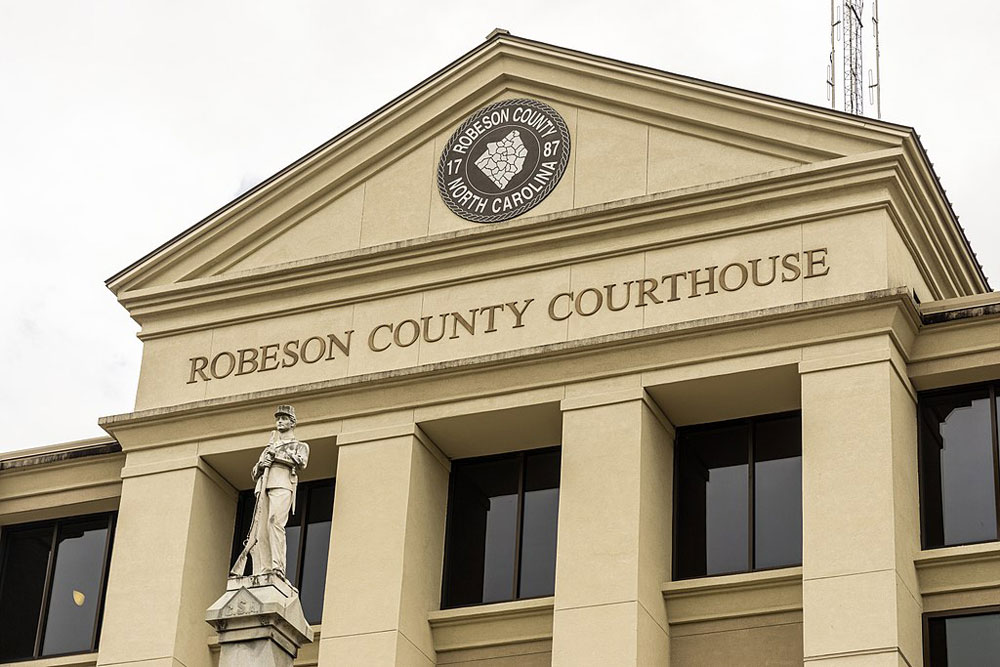September 26, 2011; Source: Politico | Arguing that the rule of law has been supplanted by the rule of cash in campaign finance, a group of business executives has vowed to reverse the provisions of the 2010 Citizens United case, in which the Supreme Court ruled that corporations and labor unions are permitted under the First Amendment to funnel unlimited money to either 501(c)(4) or 501(c)(6) nonprofit organizations that can in turn spend the money on political advocacy without having to reveal their donors.
During a rollout of the business leaders’ campaign against Citizens United recently held at a D.C. hotel, Ed Kangas, chairman and retired CEO of accounting and consulting firm Deloitte Touche Tohmatsu, said that “disclosure and transparency are essential to our financial markets. The same is true for our political system.” Kangas is one of about 200 executives who have founded the Committee on Economic Development to urge corporations to eliminate anonymous donations to campaign-affiliated nonprofits.
Sign up for our free newsletters
Subscribe to NPQ's newsletters to have our top stories delivered directly to your inbox.
By signing up, you agree to our privacy policy and terms of use, and to receive messages from NPQ and our partners.
While the effort is laudable, it’s unclear what, if any, leverage this group of business leaders will have. Former Federal Election Commissioner Brad Smith, now a pro-Citizens United activist in D.C., told Politico that the number of businesses participating in the anti-Citizens United Committee is but a tiny fraction of the entire business community.
That may well be, but a tiny fraction is better than no fraction at all. Between this effort, Warren Buffett’s call for higher taxes on the wealthy, and the many other small-scale grassroots campaigns for jobs that business owners have joined in on, there has rarely been a time when so many business leaders were speaking out against policies that enrich them personally but also endanger our democracy.—Ruth McCambridge













